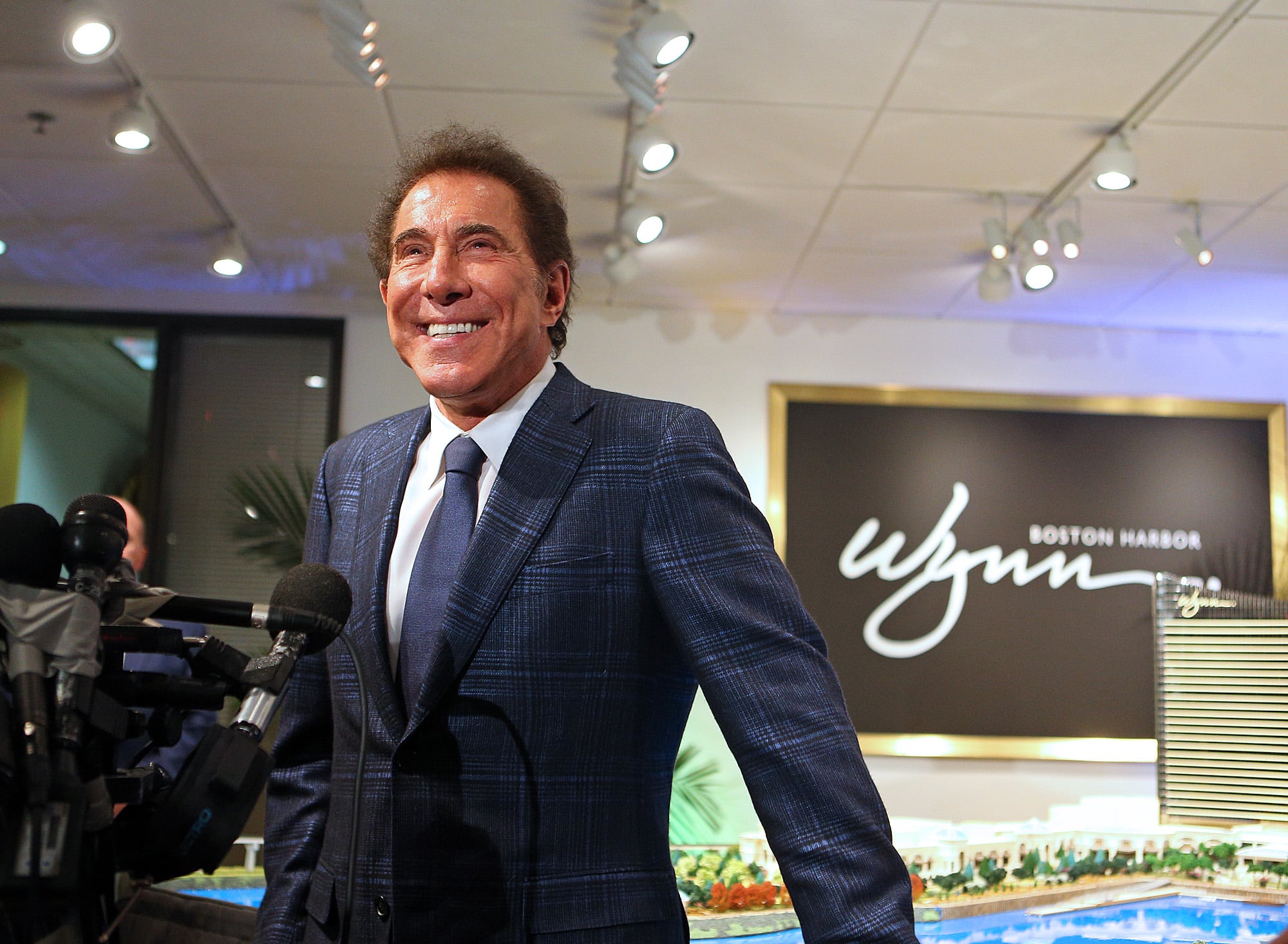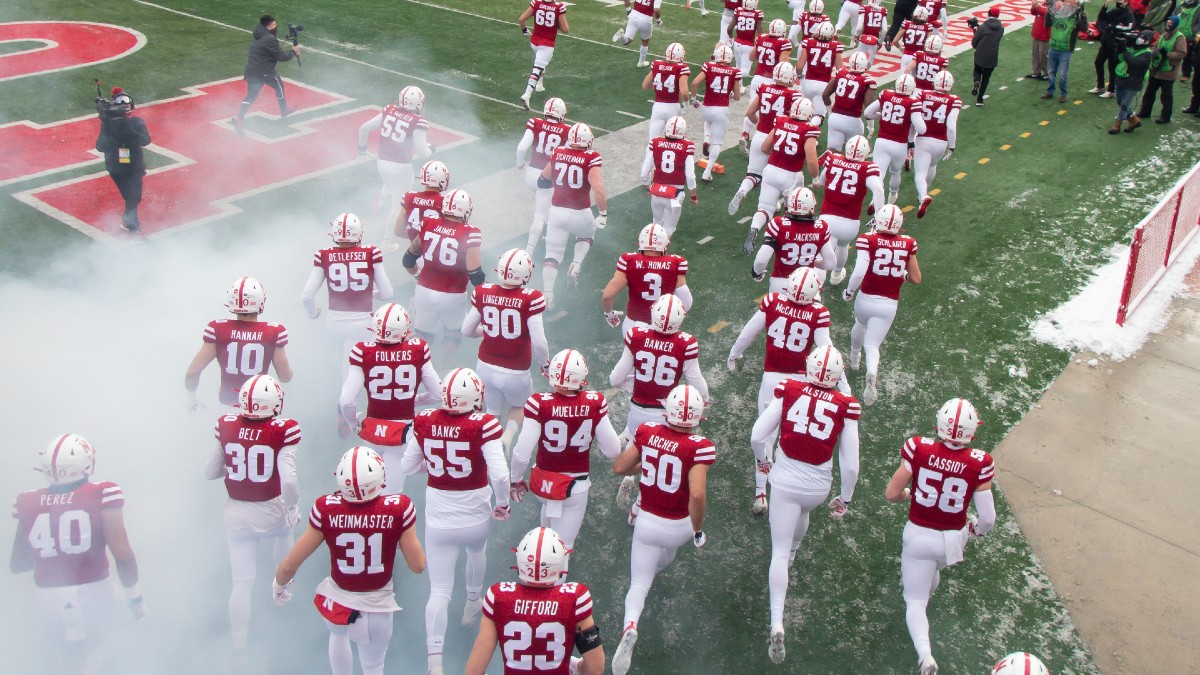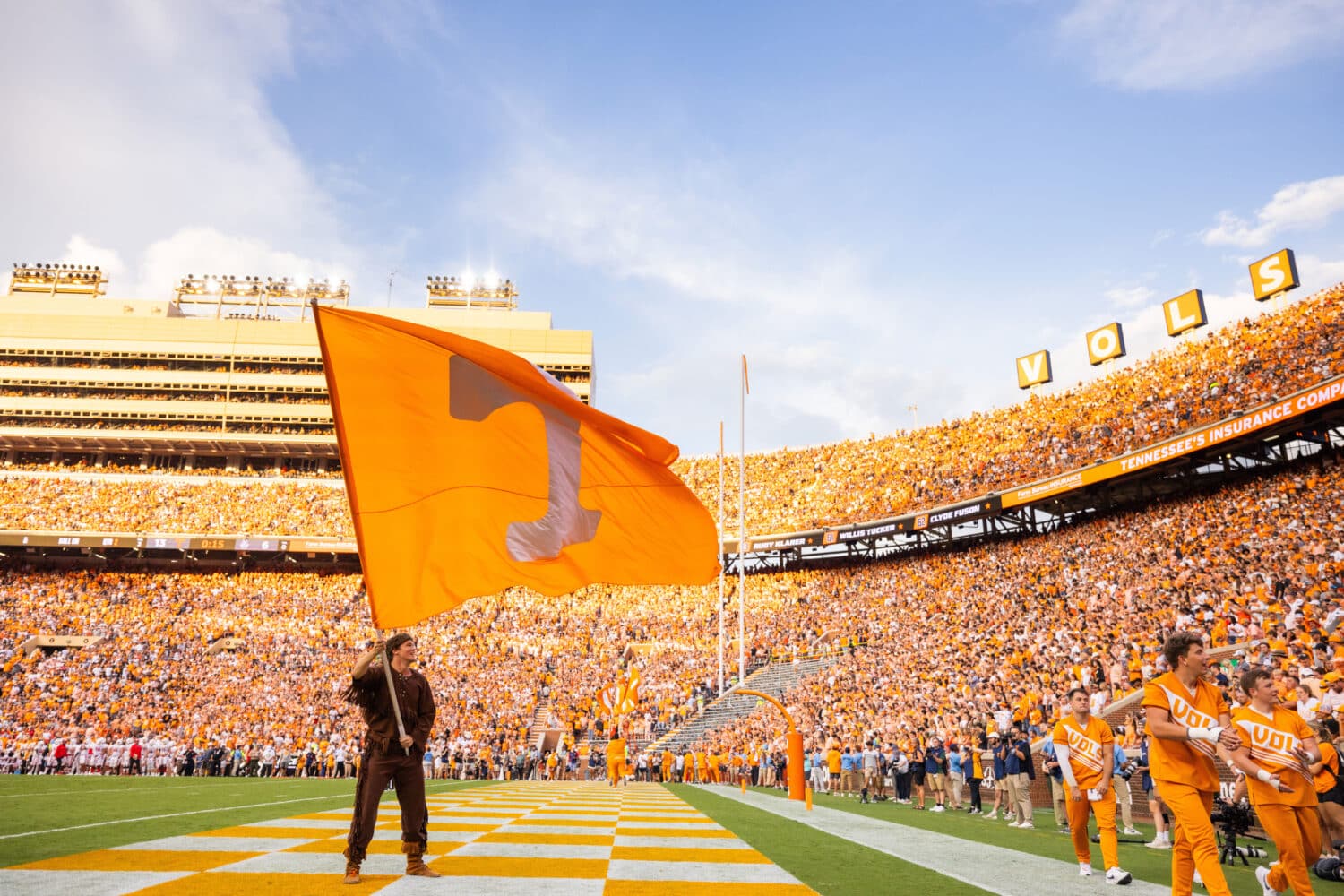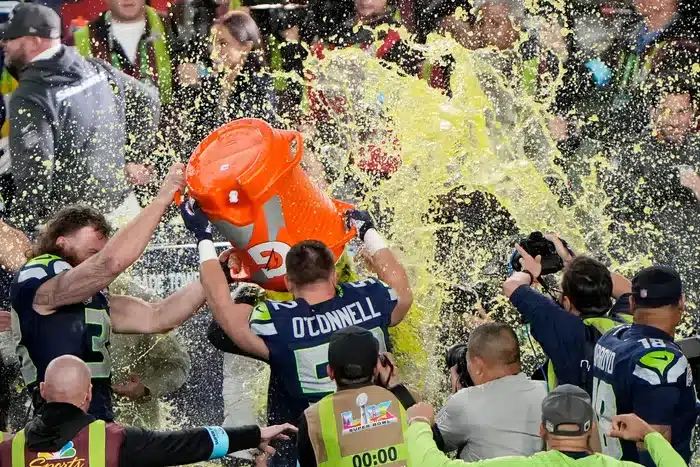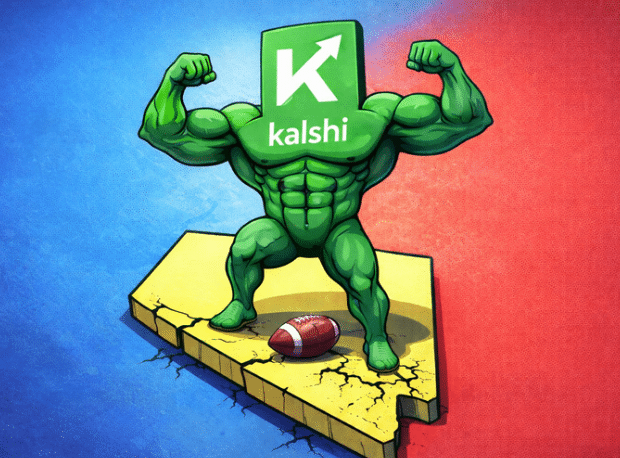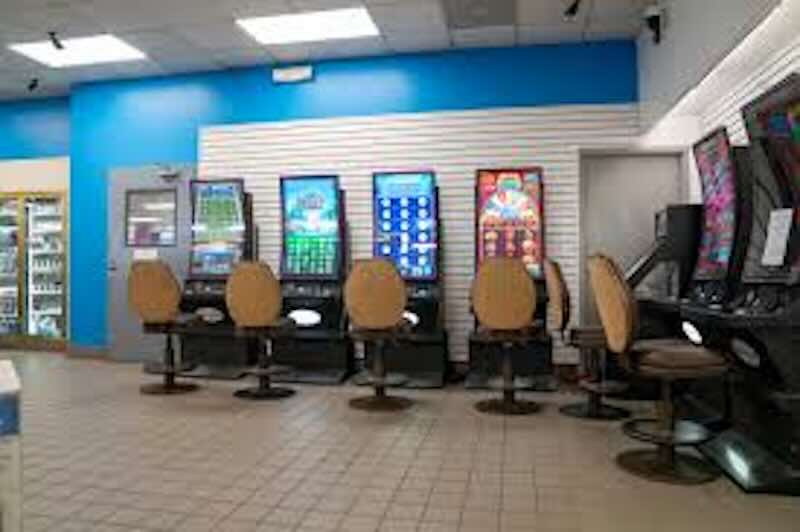
The Year One Report
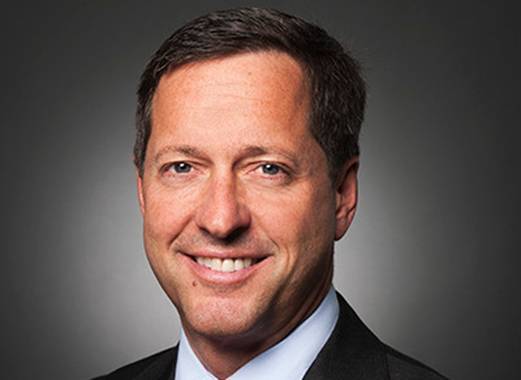
To suggest a lot has changed in the US gaming market since the Supreme Court deemed PASPA unconstitutional last May would be a drastic understatement.
Within weeks of the court’s ruling, Delaware became the second state in the nation to offer constituents a legal sports betting market, and six other states – Mississippi, New Jersey, New Mexico, Pennsylvania, Rhode Island and West Virginia – quickly followed suit. Four other jurisdictions (DC, Oregon, New York and Arkansas) legalized sports wagering but have yet to capitalize on the opportunity, and more than half of the remaining states at the time of writing have active legalization legislation.
While legal sports betting continues to spread, Nevada, for a long time the only place where US players could make legal, single-game sports bets, continues to thrive and its position as the world’s leading gaming destination is well intact.
We are often asked whether the expansion of legalized gaming across the country has an adverse effect on the Nevada market and the answer is categorically no – Nevada posted its highest gaming revenue in more than a decade for 2018 and more than $5bn was bet on sports alone in Nevada last year – an all-time high.
But in January 2019, for the first time in the nation’s history, sports betting revenue in other jurisdictions outpaced the Strip and other gaming locations across Nevada – only eight months after the consequential court decision. While pitting Nevada against seven jurisdictions is probably an unfair comparison, it is indicative of this rapid evolution and of consumer acceptance of legalized sports betting.
While the legal sports betting landscape continues to evolve, it is worth revisiting how and why we got here.
Critics of legalized sports betting suggest legal, regulated sports gambling in their jurisdictions marks the beginning of sports betting activity there, which we know is a false premise. The enactment of PASPA in 1992 was meant to curb pervasive gambling that Congress thought had the potential to influence athletes or competition. Instead, the law fostered a $150bn illegal sports betting market, forcing US players who were wagering on sports into the shadows, rather than under the watchful eye of experienced gaming regulators.
This illegal market, fueled by proverbial corner bookies and illegal, offshore websites, cares little for the integrity of competition, competitors or bettors. In it, there are no consumer protections, responsible gaming measures or robust oversights of gaming activity to identify anomalies in betting behavior that often indicate something is out of whack. In fact, sports betting scandals have largely only been caught by vigilant, legal sportsbook operators who work closely with regulators and leagues to flag suspicious activity.
Every stakeholder in this effort should be vigilantly focused on driving the illegal market out of business. Regrettably, just as the federal prohibition didn’t stop sports betting, legalization hasn’t yet eliminated the illegal market and its consequences. But we’re making good progress.
Getting it right
A coalition of state attorneys general, the law enforcement community, states’ rights advocates and the gaming industry, spent years highlighting both PASPA’s failures and the opportunities legal sports betting could enable.
Most significantly, the Murphy vs. NCAA ruling gives jurisdictions the ability to offer consumers a safe, legal alternative to illicit activity. But these jurisdictions, and all of us involved in the effort to enable this transition, have an obligation now to get it right.
Shortly after the Supreme Court’s ruling, the AGA released five policy priorities for successful sports betting markets to thrive:
- Empower the more than 4,000 experienced, effective regulators in more than 40 states and 260 jurisdictions.
- Place consumers first with policies that enable a seamless transition from the illegal market.
- Strengthen game integrity through rigorous sports betting regulation and continued partnerships.
- Promote responsible gaming and responsible advertising.
- Encourage contracts for the benefit of sporting bodies, gaming companies and others.
To date, policymakers in the 12 legal markets – with certain exceptions like Pennsylvania and Rhode Island’s unworkable tax rates – have followed this course of action. Consumers have access to mobile intrastate betting, states have continued their role as the active, effective oversight of betting activity and more than 30 private partnerships have been formed between sports leagues, teams, gaming operators, technology providers and more. Not one legal sports betting jurisdiction in the US has included any reductive policies – such as integrity fees or mandated data monopolies – in their respective frameworks.
There is a lot to be excited about in the sports betting landscape. Legislative action is ongoing in states across the country. The AGA continues to work with a wide spectrum of sports betting stakeholders and educate the public about the benefits of legal, regulated sports gaming; and the economic opportunities we anticipated just one year ago have begun to come to fruition.
Since the PASPA repeal, nearly $6.5bn has been wagered legally on sports nationwide, generating $43.4m in valuable tax revenue for state and local economies. The best part? We’re just getting started.
The casino industry already has a total economic impact of $261bn and supports 1.8 million jobs in the US, including those at non-gaming businesses like local restaurants and shops that see an increase in traffic from a casino serving as an economic engine in communities across the country. With legal sports betting, the number of beneficiaries from gaming’s footprint will expand.
Our research shows the universe of interested bettors is significant, with market implications for both the casino and sports industries. A total of 39% of American adults – about 100 million people – are either current or potential future sports bettors. A 73% total of them say it is important to only bet on sports via legal means. You need only look at the recent March Madness, where an estimated $8.5bn was wagered, to see why this demand for legal markets will provide a boost for state revenue, the sports business and the gaming industry.
During the AGA’s recent Sports Betting Executive Summit, there was prevailing optimism and excitement from industry leaders, operators, regulators and leagues. We have the responsibility – and incredible opportunity – to eliminate the illegal market, protect consumers and unlock the state and local economic potential of legal sports betting. Legal sports betting’s momentum is unmistakable, and the future is even brighter for US gaming.
Bill Miller is the President and CEO of the American Gaming Association.
Explore Our Trusted Gambling Resources
Discover essential guides to casino sites, betting platforms, and crypto casinos – updated for 2026.
- Best Online Gambling Site
- Online Casinos
- Betting Sites
- Best Bitcoin Casinos in 2026
- Offshore Gambling Sites
- Real Money Online Casinos in Canada
Tags/Keywords
Players trust our reporting due to our commitment to unbiased and professional evaluations of the iGaming sector. We track hundreds of platforms and industry updates daily to ensure our news feed and leaderboards reflect the most recent market shifts. With nearly two decades of experience within iGaming, our team provides a wealth of expert knowledge. This long-standing expertise enables us to deliver thorough, reliable news and guidance to our readers.
